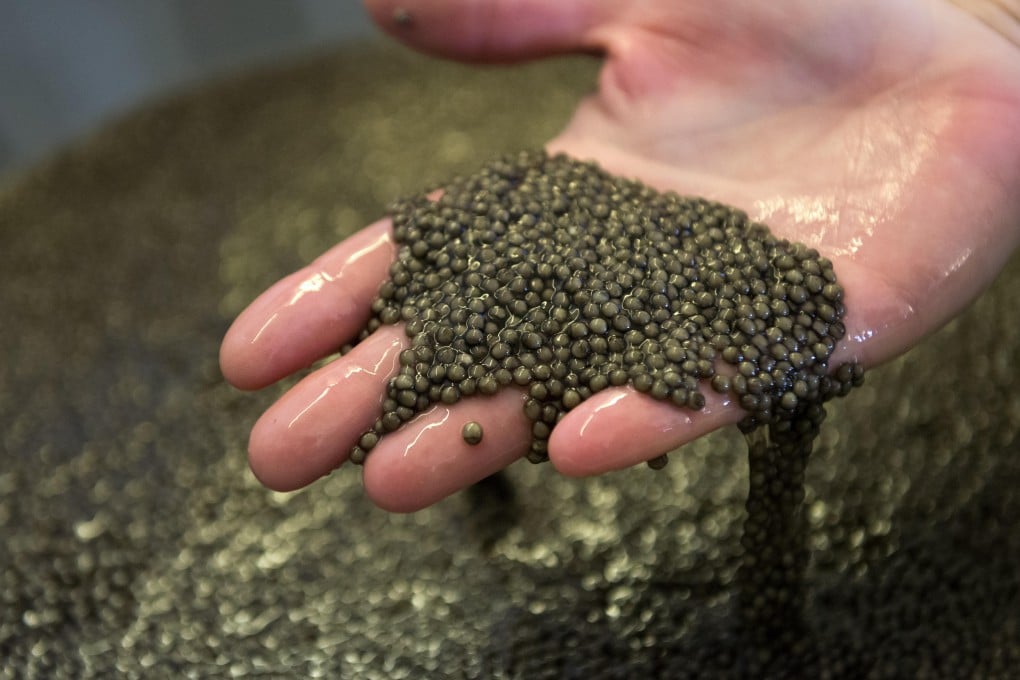Chinese caviar: the Singapore pair farming ‘black gold’ in Yunnan – and trying to change perceptions
- Two Singaporean entrepreneurs have launched the Caviar Colony brand to gain for farmed Chinese caviar the recognition they say it deserves
- More than 54 per cent of the world’s commercial caviar farms are based in China, but many companies don’t advertise that their caviar is Chinese

More than two decades ago, Benjamin Goh had his first taste of caviar on board a Singapore Airlines flight and was immediately hooked.
“I had beluga caviar – a highly prized [caviar from an] endangered species that’s now banned from being imported into the United States. I enjoyed it together with Brut champagne, and its smooth, buttery flavour blew my mind,” the 51-year-old recalls.
That first taste encouraged him to develop his palate for so-called “black gold”, the most valuable of which was harvested from beluga sturgeon – also known as European sturgeon – in the Caspian Sea.
The serial entrepreneur – who runs a regional go-karting business in Asia, and food and beverage outlets in Singapore, including Italian restaurant 28Wilkie – also kept his eyes peeled for suitable business ventures involving his new favourite gourmet food product.
In 2014, an opportunity came knocking for Goh to showcase to the world high-quality caviar farmed in China. A chance meeting led him to an 800-hectare farm in the mountains of Yunnan province in southwest China, one of the largest caviar farms in the country, which had been in operation for about 20 years.
By then, the sale of caviar from beluga and other wild-caught sturgeon from the Caspian Sea had been banned internationally under the Convention on International Trade in Endangered Species (Cites) because of overfishing. The Yunnan farm was therefore positioned to supply sturgeon eggs to some of the world’s most renowned caviar houses.
